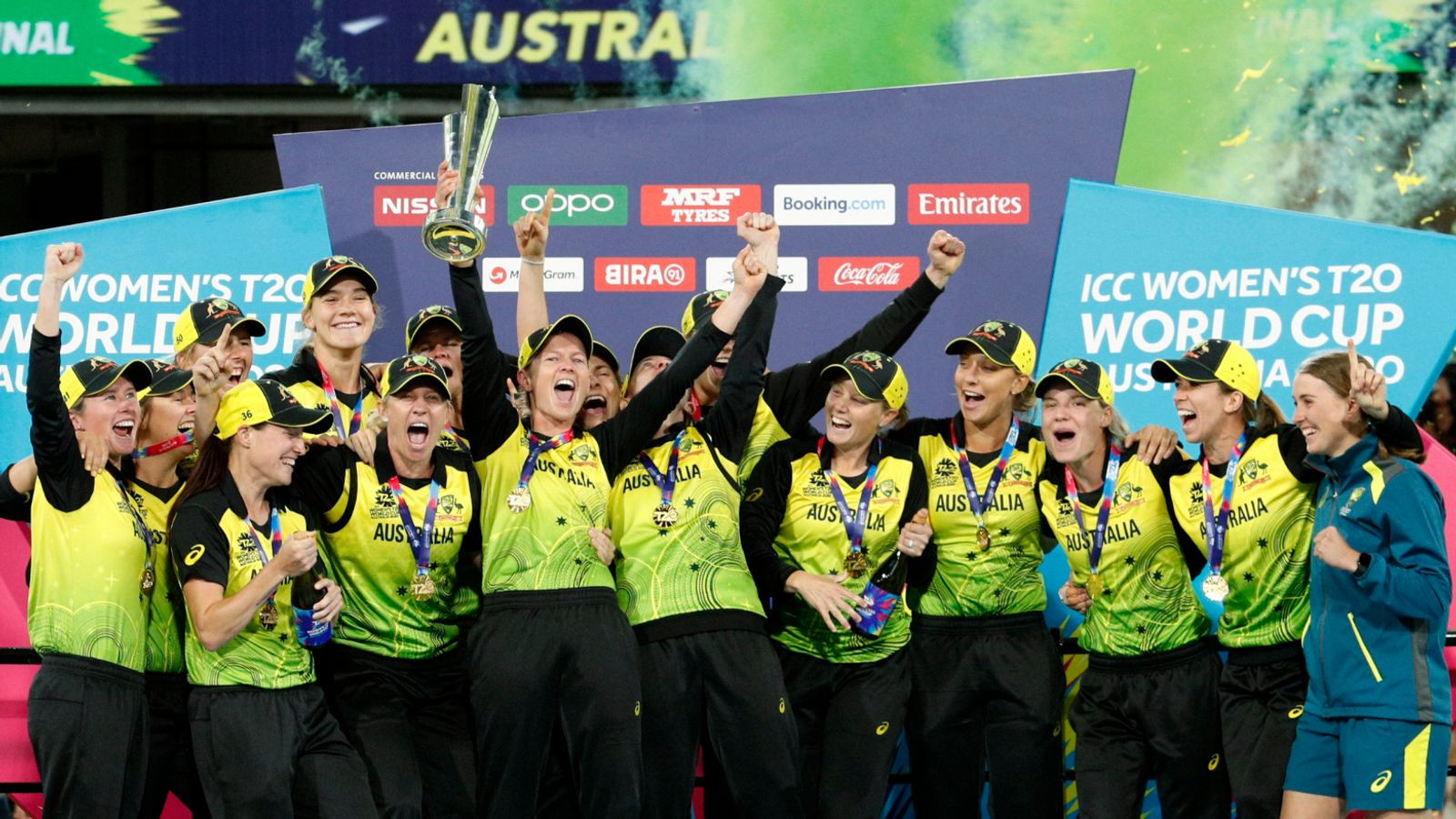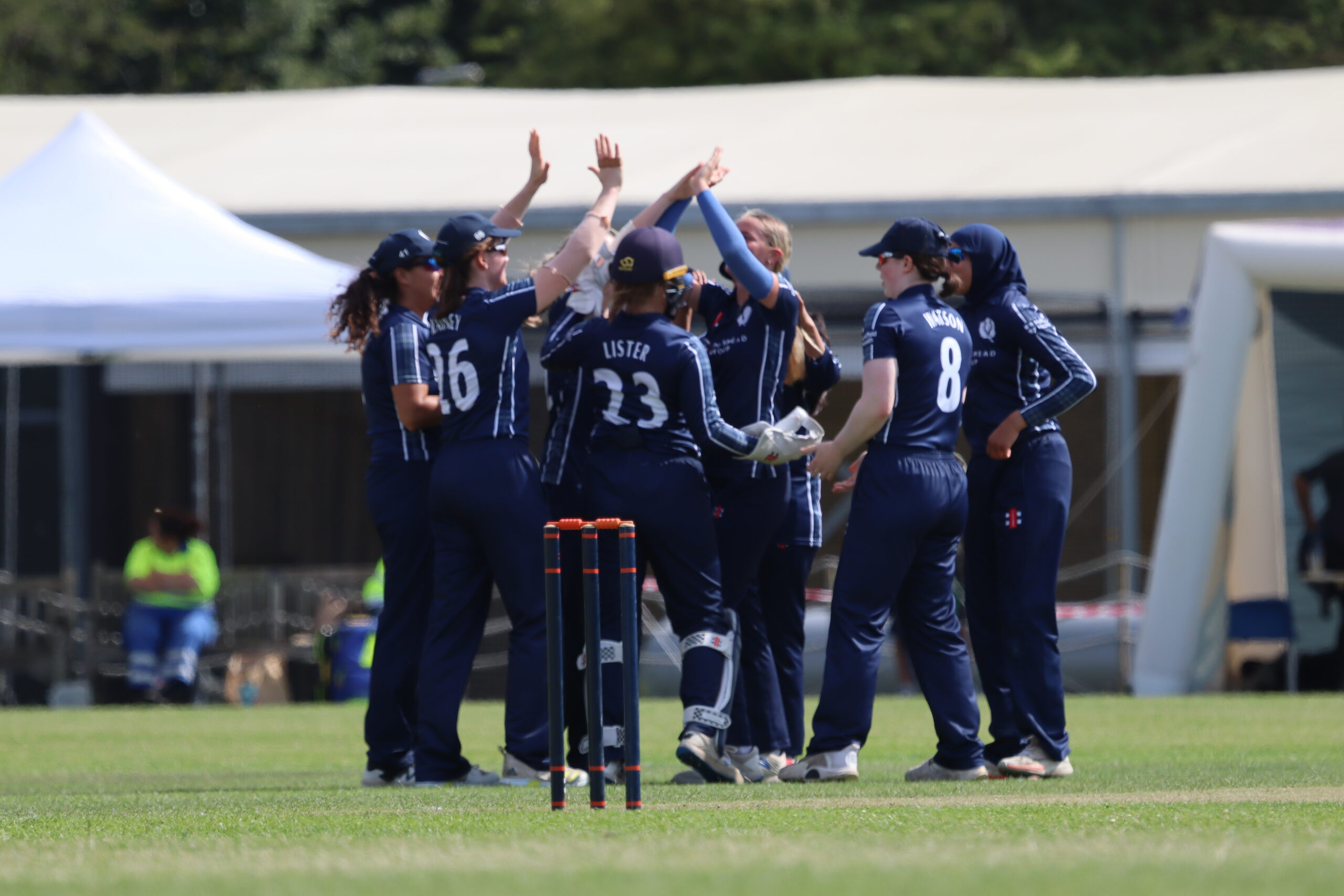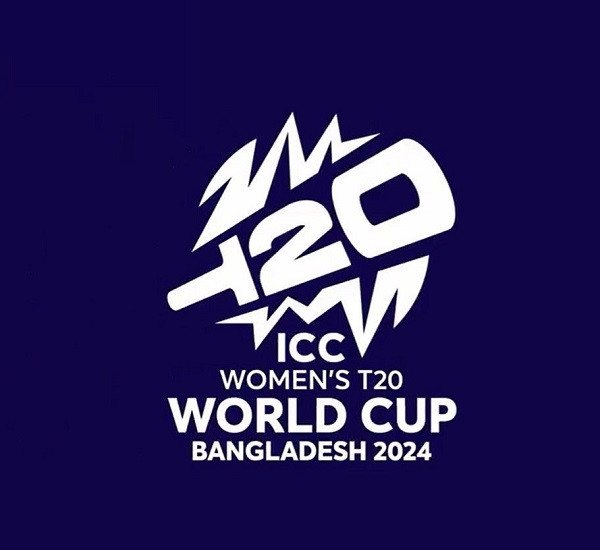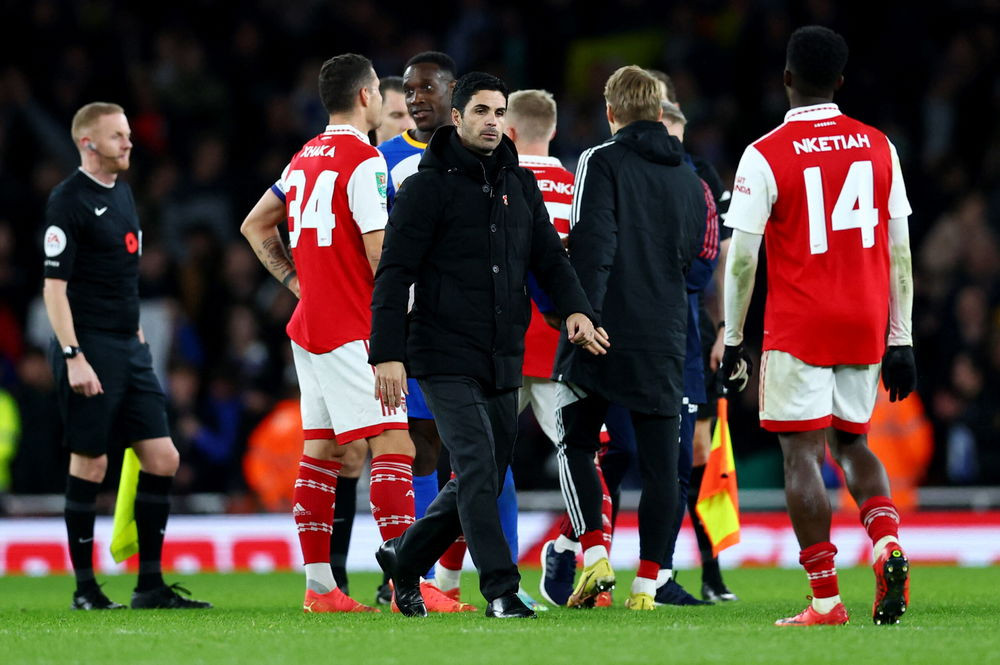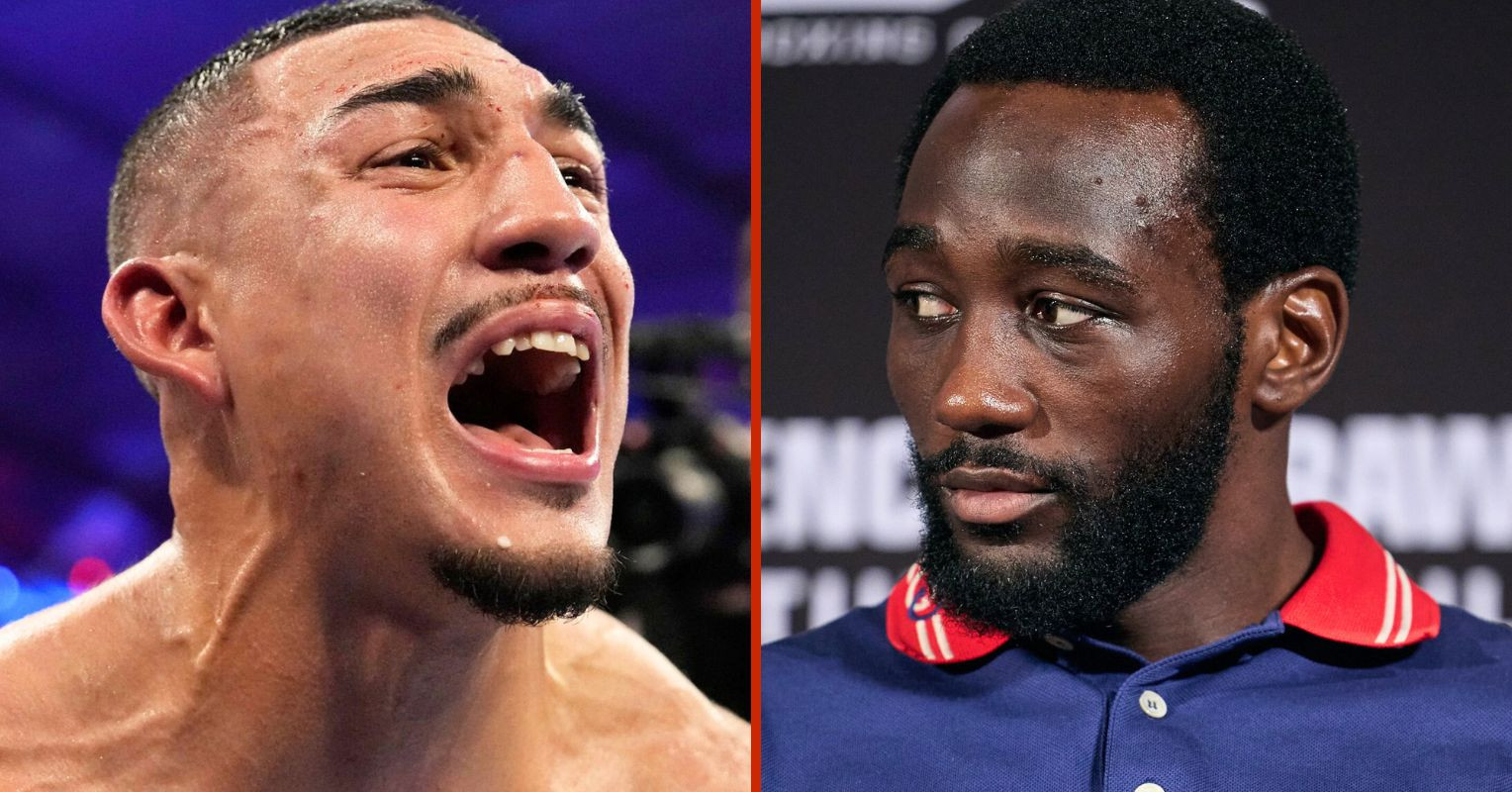The 2024 ICC Women’s T20 World Cup is set to get underway on 3 October. The tournament in the UAE is the ninth edition of the Women's T20 World Cup, and it promises to be a thrilling event. Here is a simple guide to the ninth edition of the tournament with everything you need to know, and how you can follow on the BBC.
ICC Women's T20 World Cup 2024 schedule & fixtures
The tournament begins on Thursday 3 October at 11:00 BST as Bangladesh take on debutants Scotland at Sharjah Cricket Stadium in the United Arab Emirates. The tournament takes place from 3-20 October with the semi-finals scheduled for 17 and 18 October in Dubai and Sharjah respectively. Matches take place almost every day, with most days consisting of two games at 11:00 and 15:00. The final will take place on Sunday, 20 October in Dubai at 15:00.
The Teams
There are 10 participating teams and they are split into two groups of five - Group A and B. The top six teams from last year’s tournament automatically qualified for this year’s (Australia, England, India, New Zealand, South Africa, West Indies) as well as the original hosts (Bangladesh, more on that below). Pakistan also secured a place as the next team in the International Cricket Council (ICC) rankings. The final two places were determined by the ICC 2024 Women’s World Cup Qualifier, which took place in April and May. Like the actual tournament, the 10 participating teams were split into two groups of five and the two finalists, Scotland and Sri Lanka, qualified.
The Format
The group stage will be a round-robin format, with each team playing the other four teams in their group once. The top two teams from each group will then advance to the semi-finals. The two semi-finals winners will meet in the final on 20 October.
Scotland's Debut
Scotland qualified for their first Women's T20 World Cup after defeating Ireland by eight wickets in their semi-final in the qualification tournament. That means Ireland are the only team in the top 10 of the ICC rankings to not qualify. Since 2014, the tournament has consisted of 10 teams with only eight teams competing in the first three editions between 2009 and 2013. However, this is set to increase to 12 from next year and 16 in 2030.
The Groups
This year’s 10 sides are split into the following two groups:
Group A: Australia, India, New Zealand, Pakistan, Sri Lanka
Group B: Bangladesh, England, South Africa, West Indies, Scotland
The Move from Bangladesh
In July 2022, the ICC announced Bangladesh as the host country. However, in August 2024 the tournament was moved to United Arab Emirates after civil unrest in Bangladesh. Matches will alternate between the Sharjah Cricket Stadium and Dubai International Cricket Stadium.
The Rules
The tournament is played in a T20 format, so both teams will face 20 overs unless they are bowled out beforehand or the team batting second reaches their target before then. Each innings will commence with a six-over powerplay where only two fielders are allowed outside the 30-yard circle. The powerplay is designed to give the batting team more freedom to score boundaries by using the gaps in the field, as a result of the restrictions. Teams have two reviews per innings. To request a review, players must make a ‘T’ shape with their hands within 15 seconds of the delivery. In June, a ‘stop-clock’ rule became mandatory in all international white-ball cricket matches which means the fielding team must start a new over within 60 seconds of the previous one ending. If a match is drawn, a super over will be played to decide who wins (each team will face six balls - highest score wins). If the super over is tied as well, then subsequent super overs will be played to determine the winning team. This means there will be no tied matches. Each team receives two points for a win and no points for a defeat. In the event of teams finishing level on points in the group stage, net run-rate will decide who progresses. If a match is halted due to poor weather conditions or other factors, the DLS (Duckworth-Lewis-Stern) method will be used to determine the number of runs the team batting second requires. A reserve day has been agreed for the semi-finals and final.
The Players to Watch
England spinner Sophie Ecclestone is set to be a key figure. She is the highest-ranked bowler in the ICC T20 and ODI rankings. She is closely followed in the T20 rankings by fellow spinner Sarah Glenn. With the pitches in the UAE expected to help spinners the duo are set for prominent roles. Nat Sciver-Brunt is the 10th-best all-rounder in the world and often saves her best form for global tournaments. In the Australia team, opening batter Beth Mooney currently top the ICC’s T20 batter rankings and is followed closely by her team-mate Tahlia McGrath, who is also taking on the vice-captain role. West Indies captain Hayley Matthews follows Mooney and McGrath in the batting rankings, but is also the highest-ranked all-rounder. After reaching the semi-finals last year, India look one of the strongest sides. Captain Harmanpreet Kaur is a key cog in their batting. In her recent news conference she said that they are confident they can “beat any team” and their expectation is to “lift the trophy”. Alongside her is India’s highest-ranked bowler and all-rounder in the T20 format, Deepti Sharma, who is usually very economical with the ball and shows useful runs in the middle order. South Africa, who were runners-up last year, will look to all-rounder Marizanne Kapp, who is a regular in franchise leagues around the world, and captain Laura Wolvaadart. Sri Lanka’s Chamari Athapaththu is one of the stars of the women’s game and is always one to watch. Her attacking batting at the top order is a key feature of their team and she's ranked fifth in the all-rounder standings. All eyes will be on Kathryn Bryce as she captains Scotland. The right-hand batter is currently ranked eighth in the all-rounder rankings and plays alongside her sister, Sarah.
The Past Winners
Australia are the most successful team, having won the tournament six times, including the past three editions.
2009: England
2010: Australia
2012: Australia
2014: Australia
2016: West Indies
2018: Australia
2020: Australia
2023: Australia
The Big Prize Money
The ICC has announced the biggest prize money pool of $7,958,080 (about £5,973,660) for the tournament. The winning team will walk away with $2.34 million (£1.756m), a significant increase from the $1 million (£750,000) won by Australia in 2023. The prize money will be distributed as follows:
Winners: $2.34 million (£1.756m)
Runners-up: $1.17 million (£878,000)
Semi-finalists: $675,000 (£506,000)
Teams finishing 5th to 8th: $270,000 each (£202,000)
Teams finishing 9th and 10th: $135,000 each (£101,000)
Each group-stage win will earn $31,154 (£23,385). There is also an initial sum of $112,500 (£84,000) for all 10 teams.
How to Watch
There will be ball-by-ball commentary on all 23 matches across BBC Sounds and the BBC Sport website and app. Members of Test Match Special include Henry Moeran, Daniel Norcross, Katherine Sciver-Brunt and Tash Farrant. The BBC Sport website and app will have live text commentary on every match, alongside in-play and post-match video highlights. There will also be regular coverage on the BBC Cricket Instagram, external and WhatsApp, external account. The tournament is available to watch live in the UK on Sky Sports.
The Final Word
The ICC Women’s T20 World Cup 2024 is set to be a truly exciting event. With a strong field of teams and a big prize money pool on offer, the tournament is sure to be a huge success.




